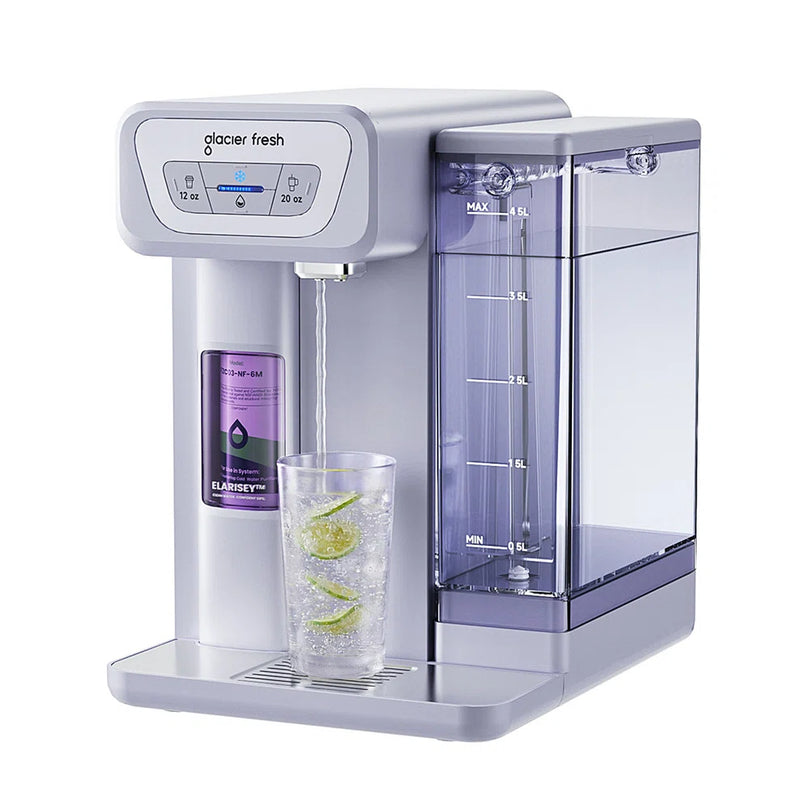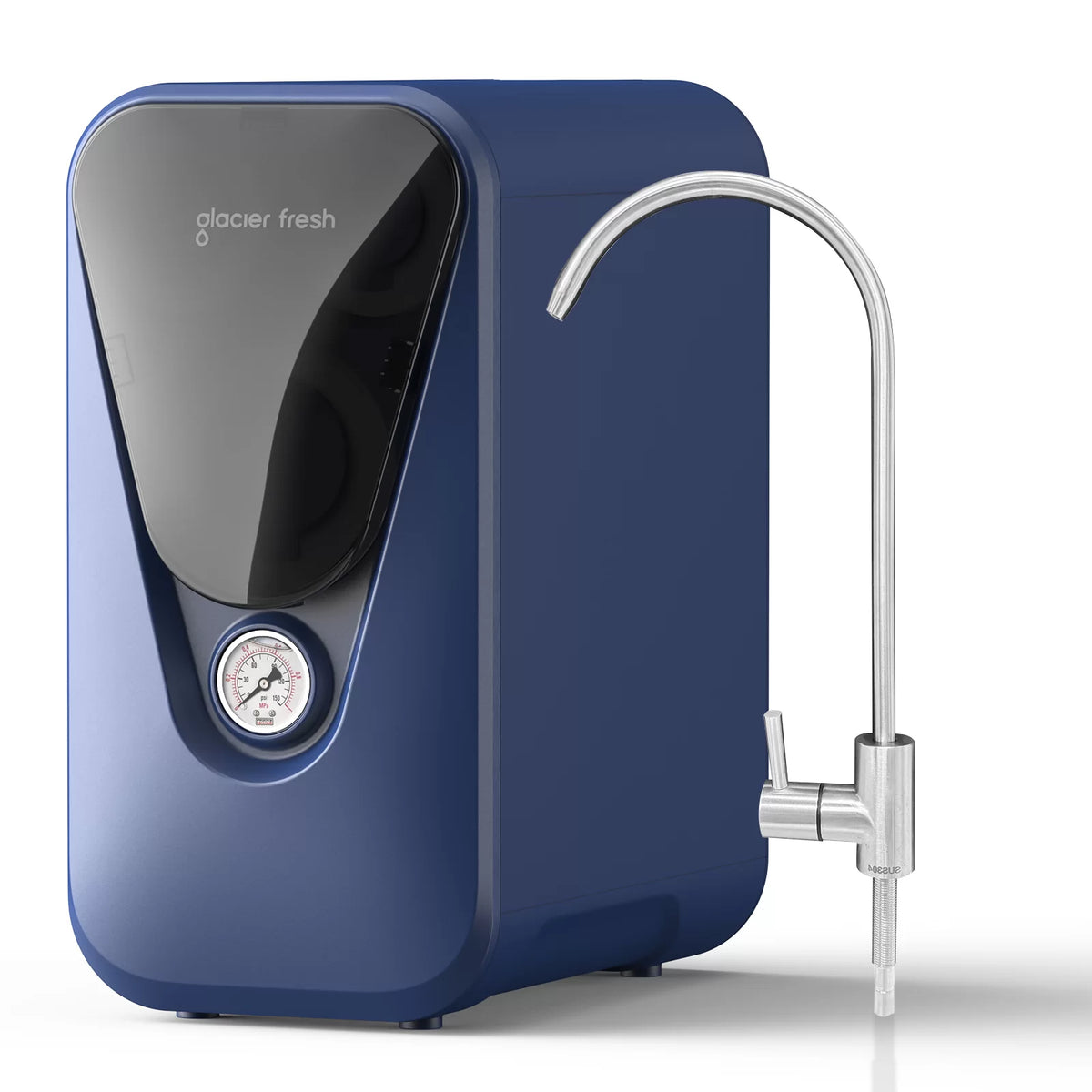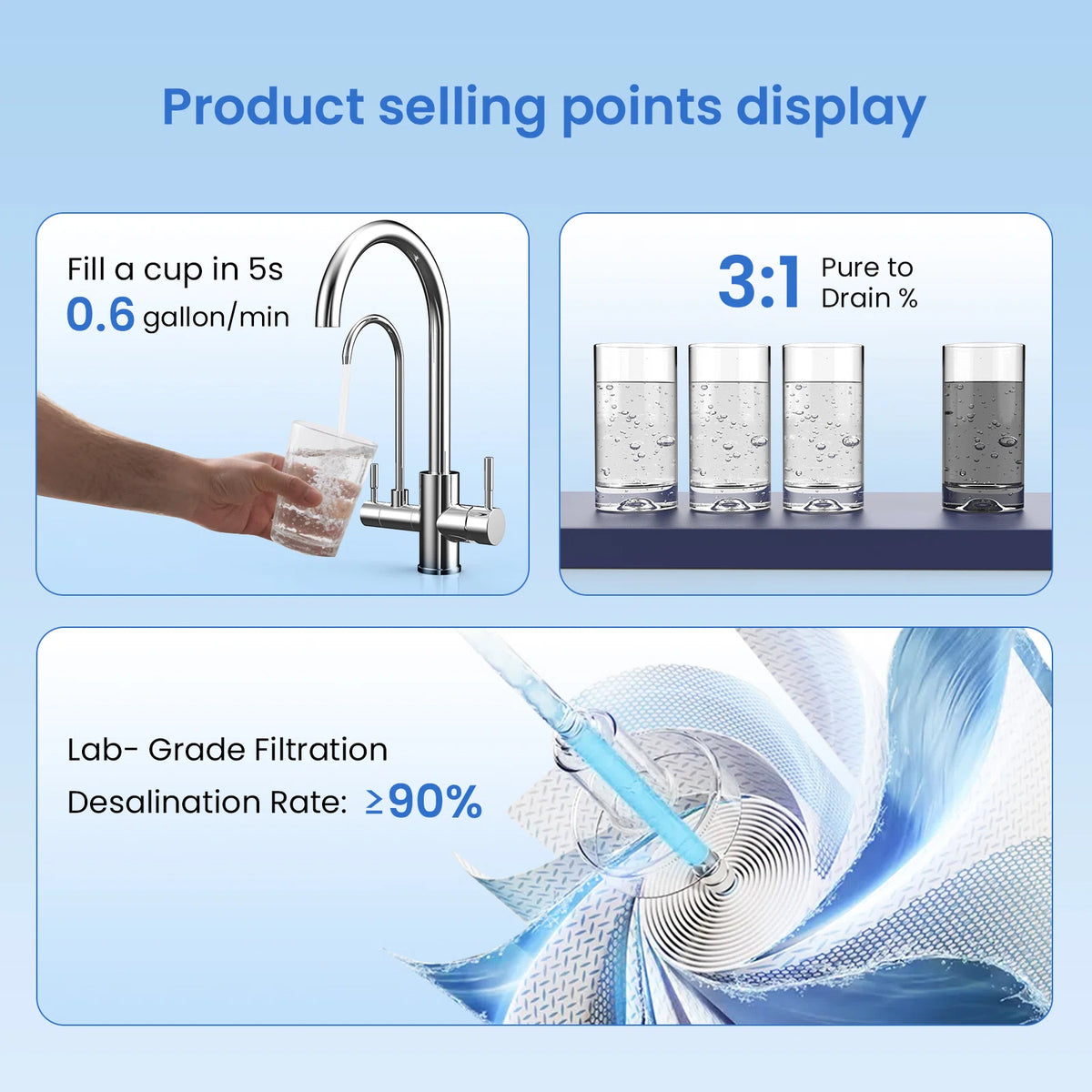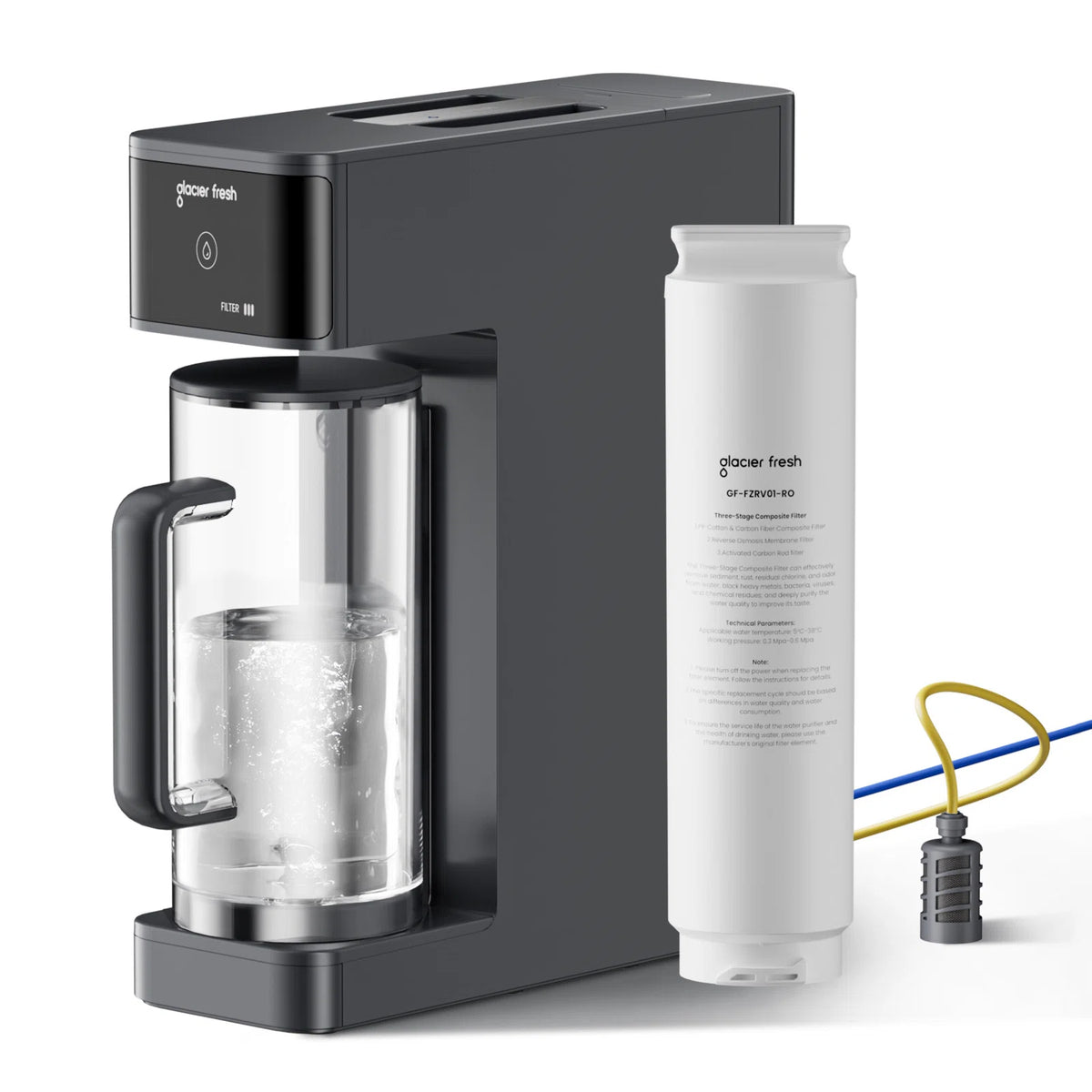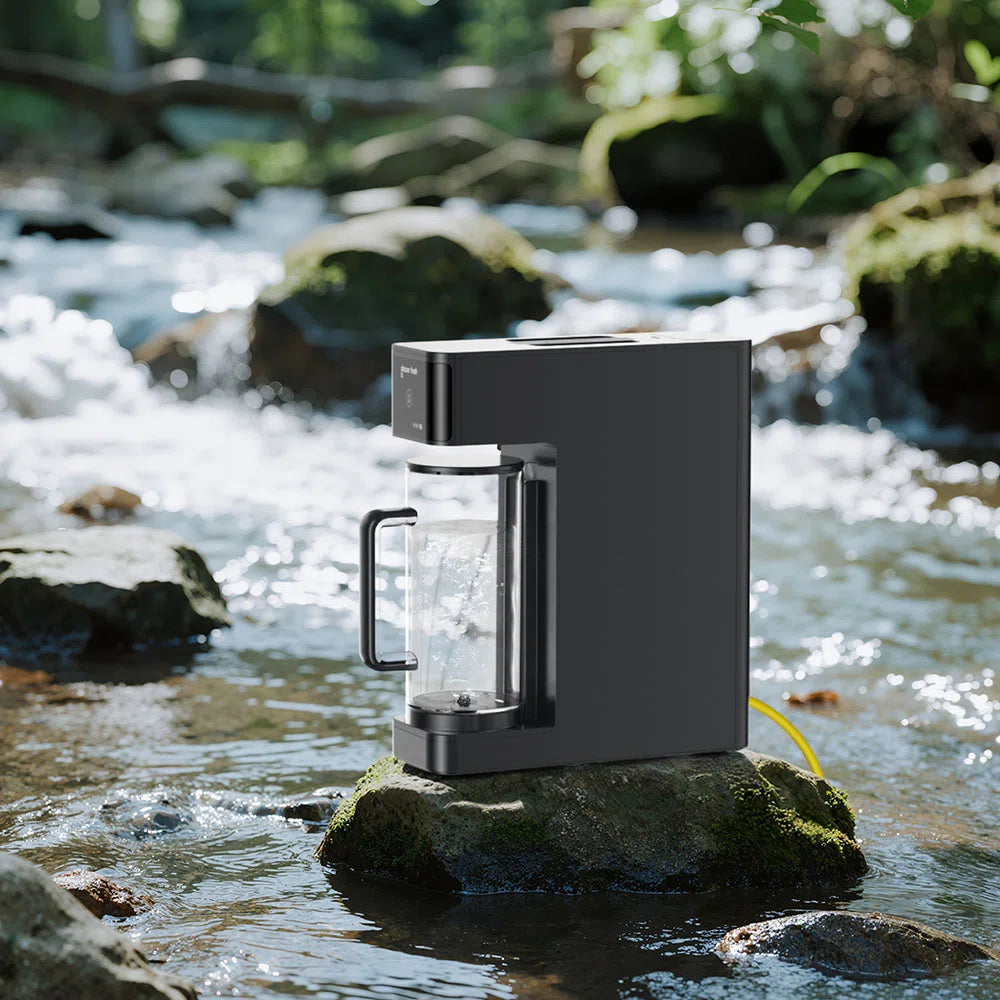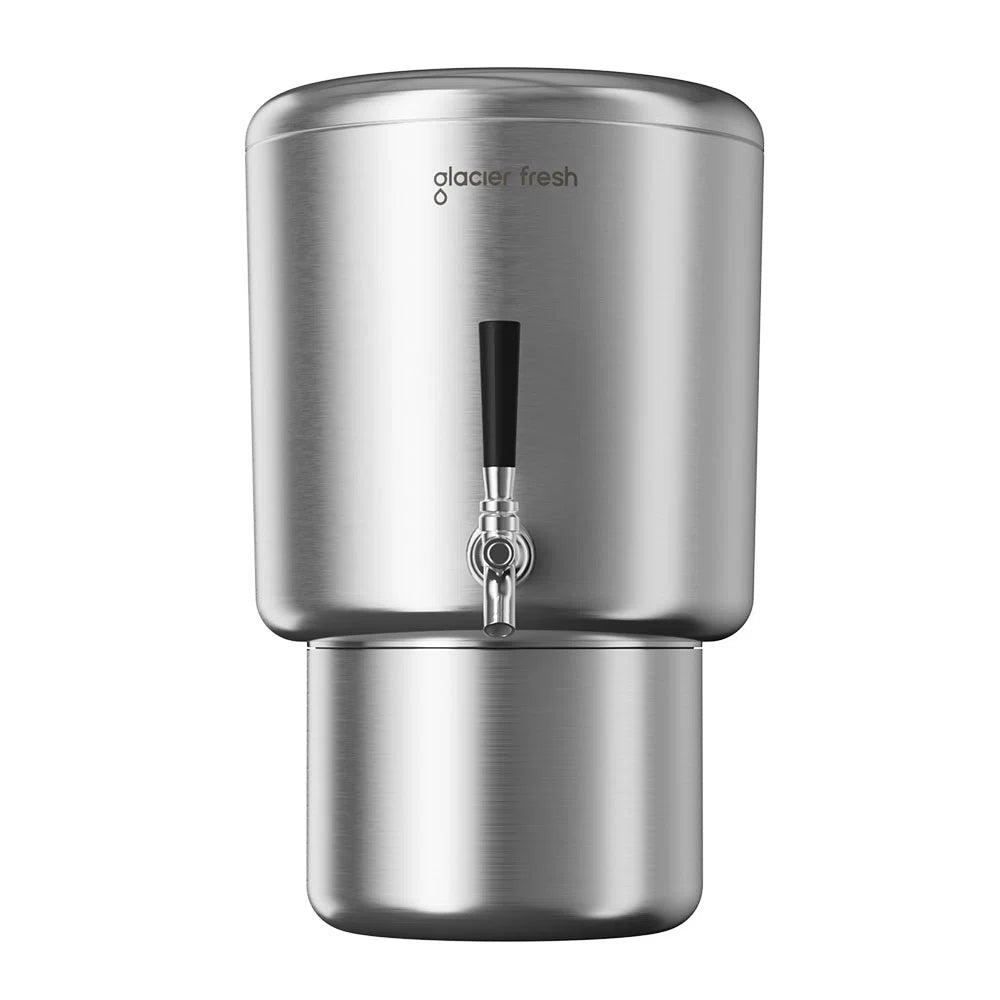Table of Contents:
What and when is the World Water Day?
The history of the World Water Day
The theme of the World Water Day 2024
How important safe drinking water is?
Water quality standards: How much do you know about it?
Technologies for drinking water quality testing
Conclusion
Imagine the world's water sources as interconnected threads woven into the fabric of life itself. As World Water Day 2024 approaches, the focus shifts towards assessing the safety of drinking water. The quality of water you consume daily is paramount, influencing your health and well-being in ways you might not even realize. Stay tuned to discover the latest insights on global water standards and cutting-edge technologies shaping the future of drinking water safety.
What and when is the World Water Day?
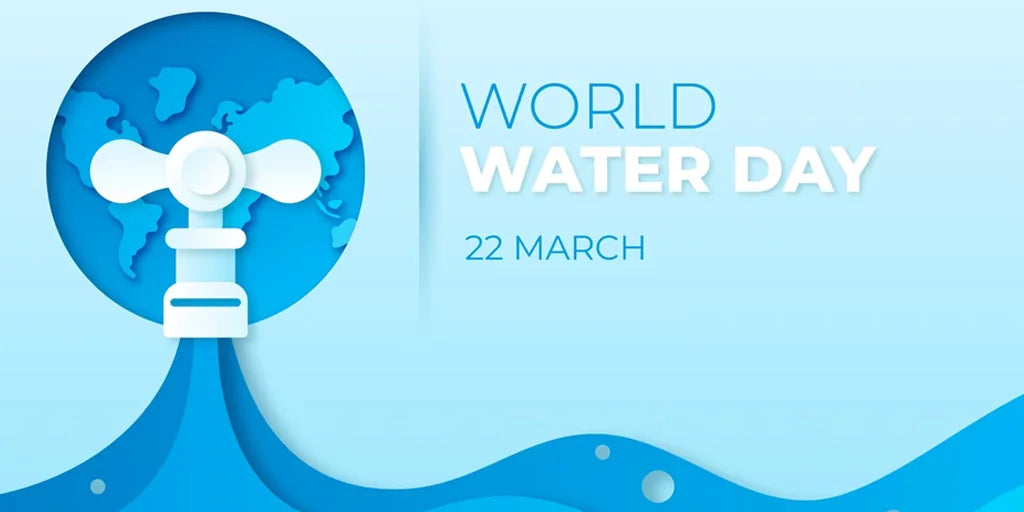
World Water Day is an annual event celebrated globally on March 22nd to raise awareness about the importance of freshwater resources. The day serves as a platform to highlight the challenges faced in ensuring access to clean drinking water for all. Various events and celebrations take place worldwide to mark this occasion, ranging from educational campaigns to sustainable initiatives promoting water conservation and management. These activities help foster a global understanding of water's impact on our lives and the environment.
Through these awareness campaigns, individuals are encouraged to participate in sustainability efforts and support initiatives that aim to address water-related issues. By participating in World Water Day events, you contribute to a collective effort to ensure the availability of clean water for future generations. The global impact of these initiatives is significant, as they play a crucial role in safeguarding water resources for a sustainable future.
The history of the World Water Day
Celebrated annually on March 22nd, World Water Day's significance dates back to the early 1990s. The United Nations established it to draw attention to the importance of freshwater and advocate for the sustainable management of water resources. Over the years, World Water Day has been marked by impactful initiatives, awareness campaigns, and global collaboration to address water-related challenges.
Impactful initiatives: Various organizations have launched projects to improve clean water and sanitation access, making a tangible difference in communities worldwide.
Awareness campaigns: Through educational programs and social media campaigns, World Water Day has raised awareness about water scarcity, pollution, and the need for conservation.
Global collaboration: Countries, NGOs, and individuals have come together to share knowledge, resources, and technology to address water issues on a global scale.
The historical significance of World Water Day underscores its role in fostering cooperation and driving positive change. Looking ahead, the future implications of this annual event highlight the ongoing need for sustainable water management practices to ensure a water-secure world for generations to come.
The theme of the World Water Day 2024
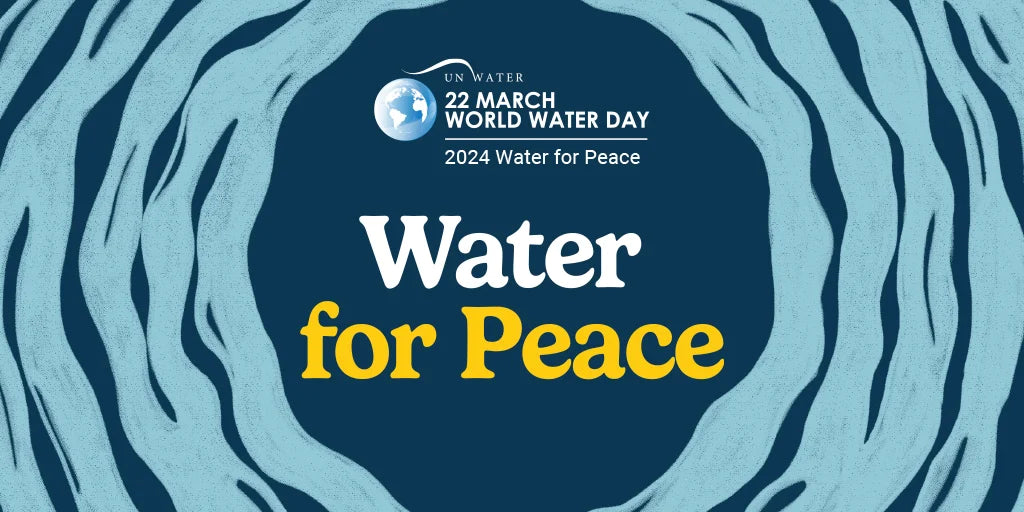
Embracing the theme of 'Water for Peace' for World Water Day 2024 highlights the crucial link between access to clean drinking water and fostering global harmony. Clean water isn't only essential for sustaining life but also plays a pivotal role in promoting peace and stability worldwide.
By ensuring that communities have reliable access to safe drinking water, conflicts over scarce resources can be mitigated, and cooperation among nations can be encouraged. Water scarcity has been a source of tensions in various regions, making the theme of 'Water for Peace' particularly relevant in today's world.Through sustainable water management practices and equitable distribution, we can work towards creating a more peaceful and prosperous future for all.
How important safe drinking water is?

Ensuring access to safe drinking water is crucial for maintaining public health and well-being. Safe drinking water plays a vital role in safeguarding individuals and communities against various risks associated with water contamination. Here's why safe drinking water is of utmost importance:
- Public health: Safe water is essential for preventing the spread of waterborne diseases and ensuring the overall well-being of the population.
- Water contamination: Contaminated water sources can lead to severe health issues, making it imperative to prioritize the safety of drinking water.
- Environmental impac: The quality of our drinking water also reflects the health of our environment, emphasizing the need for sustainable water management practices.
Water quality standards: How much do you know about it?

Understanding global water quality standards is essential for ensuring safe drinking water for all. These standards serve as guidelines that countries around the world use to regulate the quality of their water sources. By establishing specific criteria for acceptable levels of contaminants, such as bacteria, heavy metals, and chemicals, these standards help to protect public health and the environment.
The World Health Organization (WHO) and the United States Environmental Protection Agency (EPA) are two organizations that play a significant role in setting global water quality standards. WHO sets international drinking water quality guidelines, while the EPA establishes regulations to ensure safe drinking water in the United States.
Compliance with these standards is crucial for water treatment facilities and government agencies to monitor and maintain drinking water quality. Regular testing and analysis are necessary to detect deviations from the established standards promptly. By adhering to global water quality standards, countries can work towards providing clean and safe drinking water for their populations.
Technologies for drinking water quality testing
Portable testing kits
Portable testing kits provide a convenient and rapid way to assess drinking water quality. These kits typically come with easy-to-follow instructions, allowing you to perform tests swiftly and accurately. You can quickly detect common contaminants such as bacteria, lead, pesticides, and chlorine in your home.
By using these kits, you can monitor your water quality regularly, ensuring the safety of your drinking water. Additionally, portable testing kits are affordable and portable, making them accessible for households and even outdoor enthusiasts. With just a small sample of water, these kits can provide valuable insights into the cleanliness of your drinking water, empowering you to take necessary actions promptly.
Sensor technologies
Sensor technologies offer an advanced method for continuously monitoring the quality of your drinking water. These innovative devices can detect various contaminants in real-time, providing immediate feedback on your water's safety.
Sensors can detect a wide range of pollutants, including heavy metals, bacteria, and chemicals, allowing you to take prompt action if any issues are identified. By integrating sensor technologies into your water system, you can ensure that your water meets safety standards at all times. These sensors are user-friendly, cost-effective, and reliable, making them a valuable tool for maintaining the quality of your drinking water. Consider utilizing sensor technologies to enhance the monitoring and safety of your water supply.
Automated monitoring systems
Automated monitoring systems revolutionize how drinking water quality is continuously assessed and maintained. These systems utilize sensors to monitor various parameters in real time, providing immediate feedback on water quality.
By automating the monitoring process, you can ensure that any deviations from the set standards are quickly identified and addressed. This proactive approach allows for timely interventions to maintain water quality, preventing potential contamination issues. Additionally, automated monitoring systems offer data logging capabilities, enabling you to track water quality trends over time. With these systems in place, you can have peace of mind knowing that the quality of your drinking water is consistently monitored and safeguarded.
Nanotechnology applications
Exploring nanotechnology opens up new possibilities for enhancing drinking water quality assessment and maintenance. Nanotechnology offers advanced tools for detecting contaminants at the molecular level, leading to more accurate and sensitive testing methods.
Nanomaterials like carbon nanotubes and nanoparticles can be utilized to develop sensors that quickly identify harmful substances in water sources. These nanosensors can detect a wide range of pollutants, including heavy metals, pesticides, and bacteria, improving the overall efficiency of water quality monitoring. Additionally, nanotechnology enables the creation of innovative water treatment solutions by designing nanomaterials that can efficiently remove contaminants from water supplies. Embracing nanotechnology applications in water quality testing can revolutionize how we ensure drinking water's safety and purity.
Remote sensing techniques
Utilizing advanced remote sensing techniques enhances the capability of monitoring and assessing drinking water quality from a distance. These methods involve using satellites, drones, or aircraft equipped with sensors to collect data on various water quality parameters, such as turbidity, chlorophyll levels, and harmful algal blooms.
Conclusion
Overall, World Water Day 2024 reminds us of the importance of safe drinking water for global health and well-being and highlights the need for continued efforts to ensure water quality standards are met worldwide. By utilizing advanced technologies for water quality testing, we can work towards a future where everyone has access to clean and safe drinking water. Let's continue to prioritize water safety for the benefit of all.







